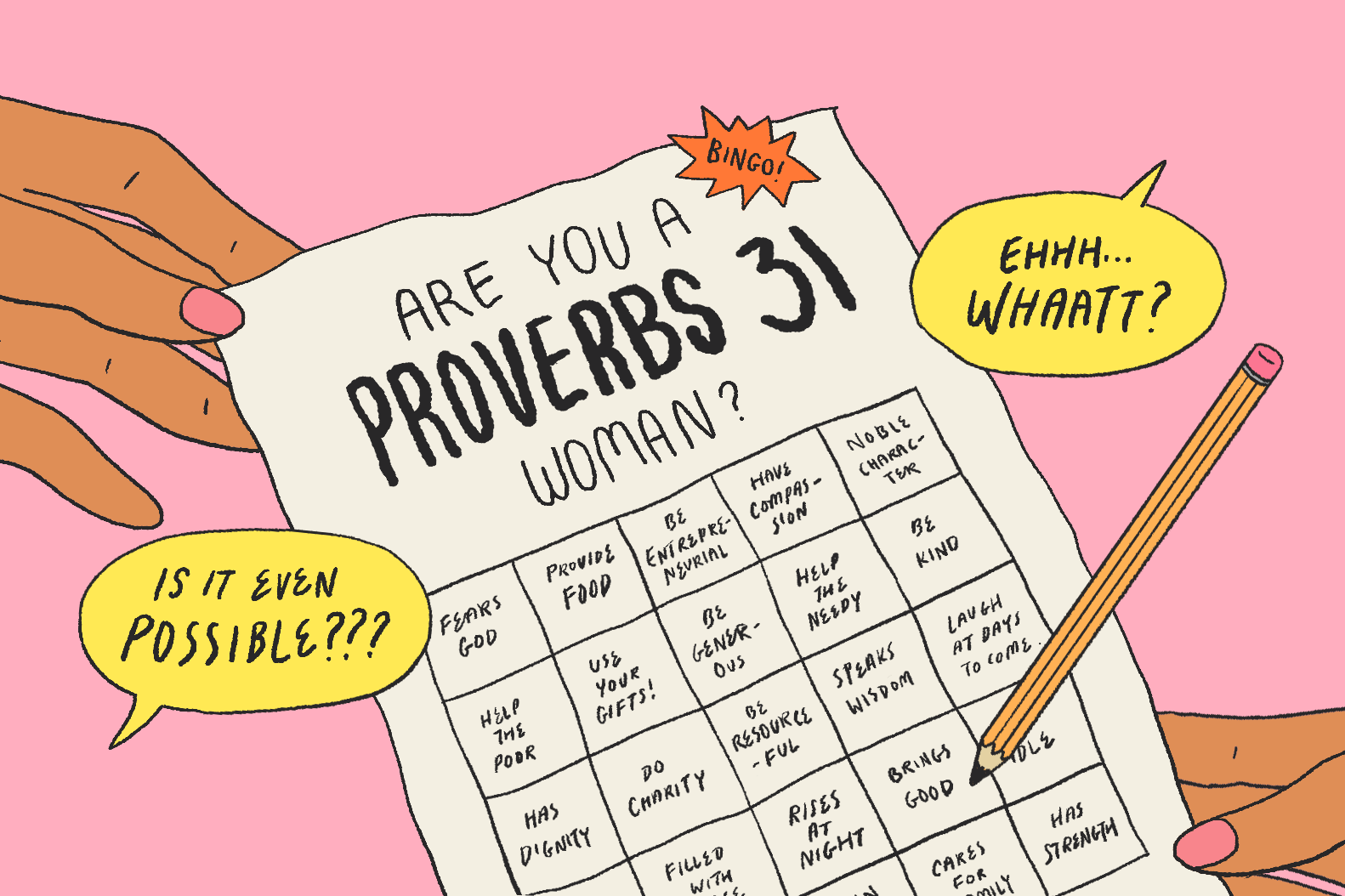In my unconventional relationship with my mum, I’ve faced constant disappointment, annoyance, anger and absolute exhaustion.
Her mental illness leads her to burst out in random spurts of anger and harsh accusations that never fail to cut deep no matter how irrational they are. Amidst her hurtful words, she still demands things like taking her to an expensive place to eat.
During such times, all I can think about is how unfair this whole situation is. Why do I need to be understanding, why does she get to get away with hurting me and why must I still choose to love her?
As I’ve been wrestling with these hard questions, I came to three conclusions.
1. CHOOSING LOVE LEADS TO GREATER JOY
Loving others is easier when we think that person deserves our love.
A person who sacrifices his time and effort to meet my needs is someone I easily feel deserves my love. On the other hand, a person who hurts me or wakes me up at 2am for no good reason would tend to be someone I feel doesn’t deserve my love.
For instance, on one Sunday morning after being exhausted from dealing with my mum, I wanted to escape from being stuck at home. I thought it would be emotionally better for me.
But God put it in my heart to stay at home and make my mum banana pancakes, challenging me to show a greater love through my actions (1 John 3:18).
To be honest, I was dragging my feet all the way to the grocery store. As I bought the ingredients, I thought to myself about how much happier I’d be if I’d used that money for other things instead.
And after cooking the pancakes, I thought about how I could have used that precious time to relax while watching my favourite Netflix series instead. But God would prove me wrong.
It was already past noon and my mum hadn’t woken up yet. I needed to leave, so I wrote a note to accompany the breakfast I had made her and left.
While I was out, I got a text from my mum along with a photo, thanking me for the meal. She showed me that she ate everything, which really touched me because my half-hearted pancakes didn’t even look that edible to me. Even I wouldn’t have eaten them, yet my mum chose to eat the whole thing.
In that moment, I felt joy. It wasn’t that sense of self-satisfaction I would feel whenever I finished a Netflix series. Rather, a quiet joy began to fill my heart as I gave thanks knowing that my mum felt loved.
2. CHOOSING LOVE LEADS TO FREEDOM
In the face of disappointments, it’s easy to focus on how the situation is unfair for us. My unwillingness to love my mum stemmed from a desire to protect myself from getting hurt, and I would do this by hurting her.
I grudgingly held onto my hurts, thinking that if I remained in a place of hurt, it would prove that I’m the victim and she’s the bad guy. My hurts somehow justified my anger, as if they were rights to hurt my mum in return. But this would only incite more anger in her, which perpetuated the cycle of hurt people hurting people.
It was a really oppressive place to remain in and if I hadn’t gotten out of it, those negative thoughts would’ve just continued begetting more anger and more bitterness, and my home environment would have gotten even more toxic.
God revealed to me how my thinking had been very narrow and self-centred.
What helped me to break free from this tunnel of negative thoughts was intentionally inviting God’s love to work in my situation. Whenever I caught myself focusing on my hurts and pain instead of Him, I would stop and ask myself: “How can I act in love and show God’s love in this situation?”
Slowly, I started taking small steps through small acts of love. For example, instead of ignoring my mum’s questions, I would reply kindly to them or bring home small presents like the snacks she enjoys.
Acting in love liberated me from focusing on my pain and helped me break free from the cycle of hurting each other. As I did so, I began to see how God was working in my family as well.
I was forced to tear down all the walls I had built to push my mum away. In doing so, I was set free from the heaviness of harbouring negative and bitter thoughts.
3. CHOOSING LOVE LEADS TO BREAKTHROUGHS
Over time, I began to see how my relationship with my mum had improved.
Her health got better, and the overall climate at home became more loving and understanding as well. It’s as if those small steps of choosing to love her were like little seeds planted that, over time, began to bring forth fruits of breakthrough.
Breakthrough was something I had gotten tired of praying for because it never came for years. Sometimes I even felt like giving up on the hope of seeing my family come to know Jesus and seeing my mum fully healed.
Yet God continued to move despite how I felt. Every time my mum offended or hurt me, God reminded me not to give in to my anger and pride.
He was the only one who could pull me away from the vengeful thoughts that fed my ego. He knew there would not be breakthrough if I didn’t leave that place of darkness. Time and time again, He reminds me that He’s still working and moving.
Now, whenever my mum surprises me with an act of love, I remember there’s still hope and realise how much improvement my mum has made.
The idea of only loving people who “deserve” our love is entirely flawed and completely unbiblical.
God is still working, which is why I can faithfully continue to choose to love my mum and others around me despite my hurts and anger.
God calls us to love each other despite how we feel, and we’re more than capable of doing so because of Jesus’ love for us. The love He demonstrated by dying on the Cross for the very people who persecuted Him is the love that is inside of us (2 Timothy 1:7).
The idea of only loving people who “deserve” our love is entirely flawed and completely unbiblical. Choosing to love is difficult, but it’s not impossible.
God can give us the strength to choose love no matter what.









